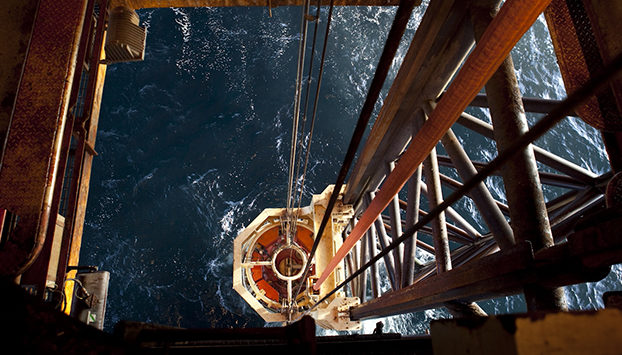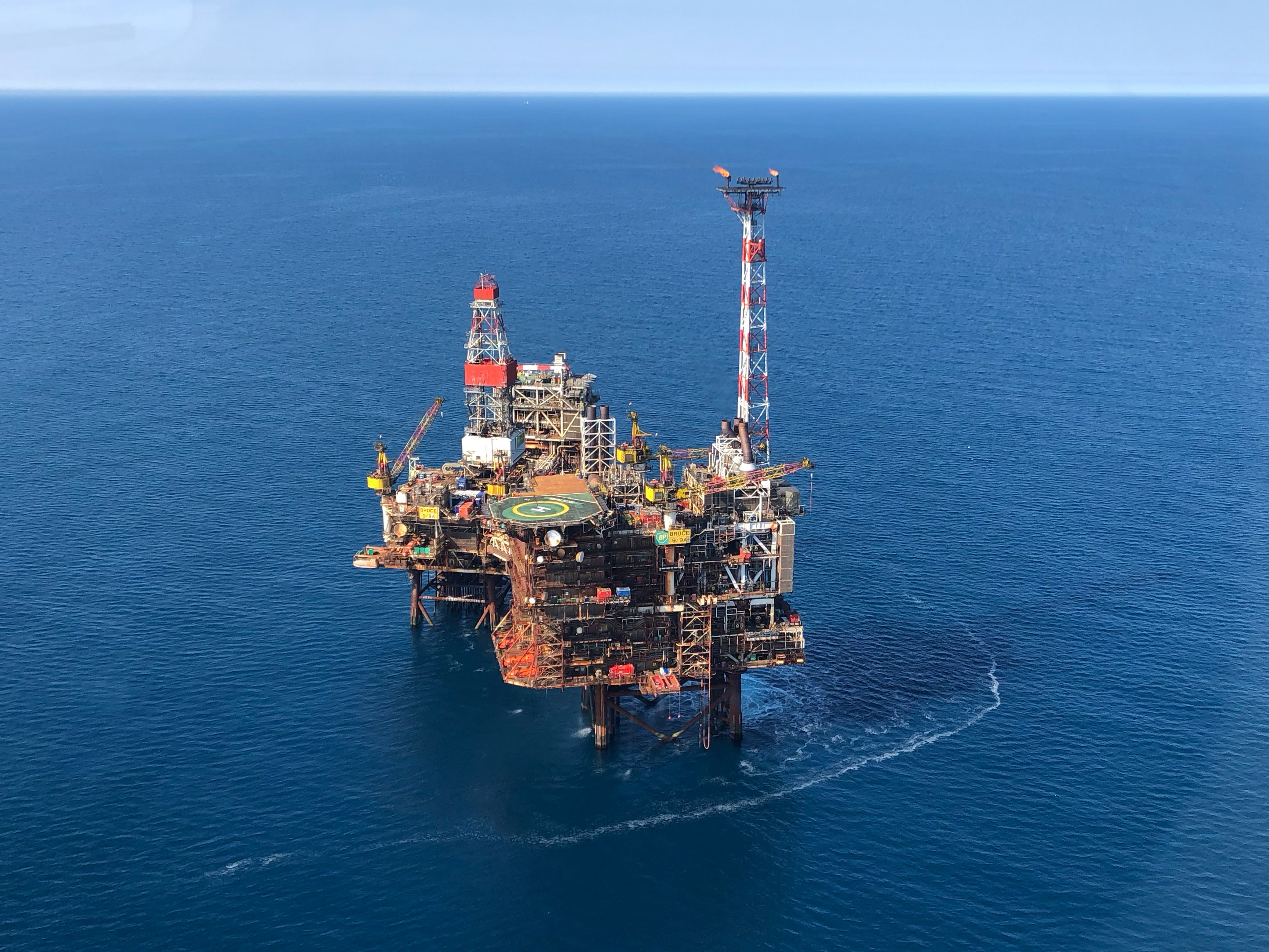
Oil prices are creating the greatest incentive in four years to store crude at sea and sell it later as prices rise, prompting speculation there will be a revival in a trade once used by firms including BP Plc and Citigroup Inc.
Brent oil in September traded at $106.79 a barrel, about $1 more than the same grade for August, according to data on the ICE Futures Europe exchange. That premium hasn’t been bigger since May 2010, the bourse’s data show. That was also around the time oil companies last used tankers for storage in this way, according to E.A. Gibson Shipbrokers Ltd., a London-based broker that arranges charters.
The gap between the two months is wide enough for oil traders to profit from keeping oil at sea for delivery later, according to Energy Aspects Ltd., a consultant based in London. Frontline Ltd., an operator of the biggest tankers, said yesterday the premium should be enough to encourage such bookings. The price structure, known as contango, hasn’t translated into vessels being hired for storage so far and other analysts say it still needs to get bigger for that to happen.
“The prompt Brent spreads are at a level that incentivizes floating storage, that is, it becomes economic for companies to store crude on tankers,” Amrita Sen, chief oil analyst for Energy Aspects, said by e-mail today. “It’s a trade that proved profitable during the period of contango in 2008 to 2009.”
Oil companies and banks, including BP, Royal Dutch Shell Plc and Citigroup’s commodities-trading unit, anchored ships laden with crude off the coast of the UK in 2009 to take advantage of the contango. London-based BP said “interesting trading opportunities” helped it earn $500million more than normal in the first quarter of 2009.
Contango encourages traders to put oil in storage, then profitably sell futures contracts and deliver the supplies at a later date, according to Petromatrix, a consultant based in Zug, Switzerland. The structure can penalize financial investors seeking to maintain a position from one month to the next as the subsequent contract is more expensive, according to Olivier Jakob, Petromatrix’s managing director.
The August Brent contract expires tomorrow. Price movements can be amplified on the day before expiry as traders seek to close outstanding positions. Still, contango has also developed between the second and third-month contracts on the ICE Futures Europe exchange, with September Brent trading at a discount of about 55 cents to October.
The collapse in the premium for near-term Brent supplies reflects both the return of Libyan shipments and subdued crude demand from refiners, Torbjoern Kjus, senior analyst DNB ASA in Oslo, said on July 10. Libya, holder of Africa’s biggest crude reserves, is preparing to resume shipments from the Es Sider and Ras Lanuf terminals that were handed over last week by rebels seeking self-rule in the nation’s east.
The front-month Brent contract hasn’t traded at a discount of more than $1 a barrel to the second month since May 2010, toward the end of the yearlong spell of contango in which traders implemented the floating storage strategy. A spread of 75 to 80 cents per barrel per month makes stockpiling crude on tankers viable, Energy Aspects estimates.
While September is trading at a premium to next-month prices, a better measure of contango for determining if storage works is between August and January, according to Eugene Lindell, senior analyst at JBC Energy GmbH in Vienna. That spread’s currently at about $1.90 a barrel. It would need to rise to about $2.50 to $3 a barrel before traders began booking vessels, he said.
The last time traders stored crude on tankers was June 2010, according to Patrick Tye, an analyst at Gibson. There have been no reported bookings tankers for storage so far as a result of the contango, said Odysseus Valatsas, the chartering manager at Dynacom Tankers Management Ltd. The Glyfada, Greece-based company operates VLCCs and other tankers.
Barclays Plc, Citigroup Inc. and Societe Generale SA predict that the discount on front-month is unlikely to persist as climbing Chinese demand will bolster refinery operating rates and curb a short-term surplus. Lower output from the North Sea will also support near-term Brent, Citigroup predicts.
If Libyan exports continue to recover, Saudi Arabia, the biggest oil exporter, will adjust its output to prevent a surplus, supporting the front-month, Barclays and Societe Generale said. This will cause the contango to reverse into the opposite condition, known as backwardation, in which the front- month trades at a premium to later deliveries, the banks said.
Recommended for you
